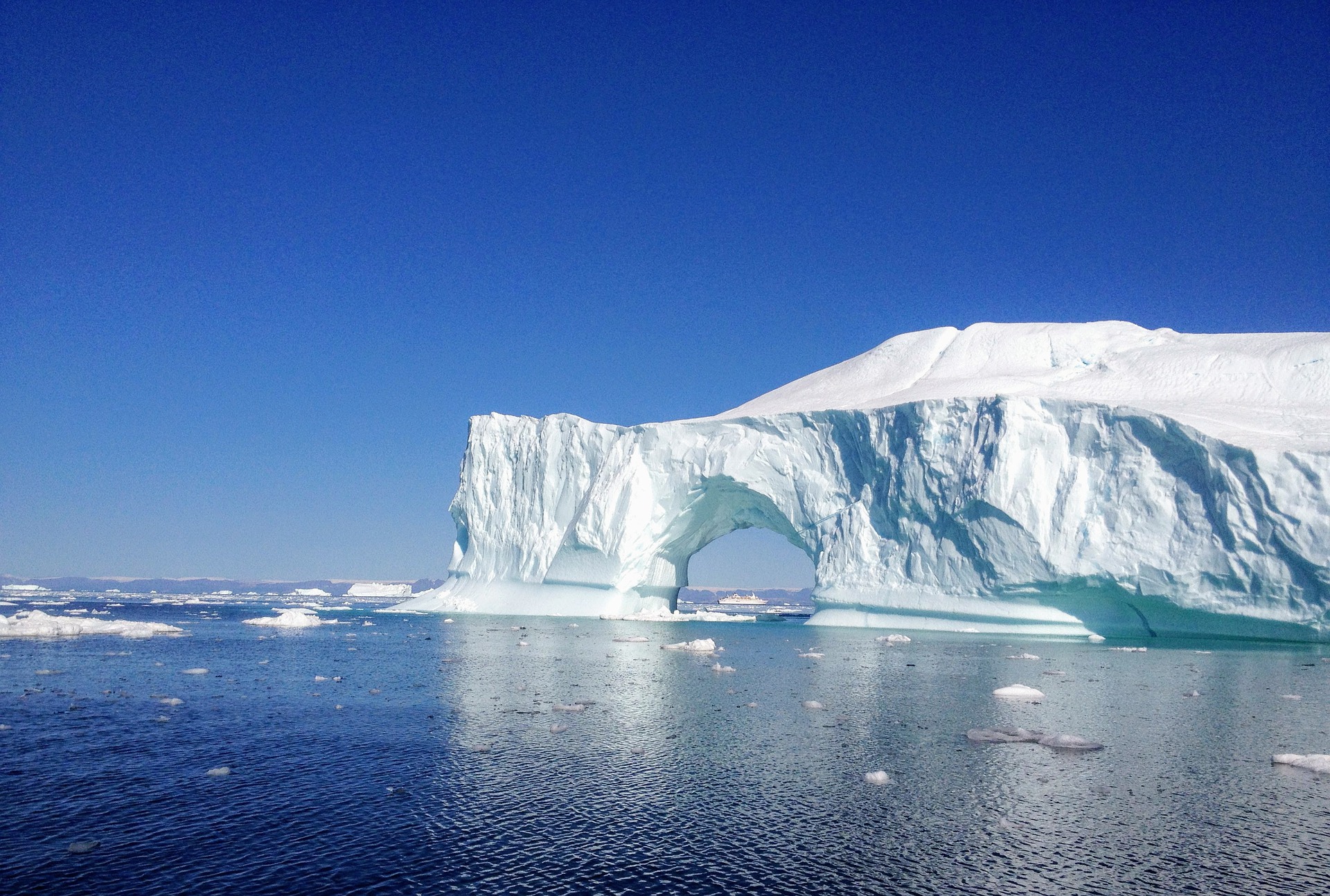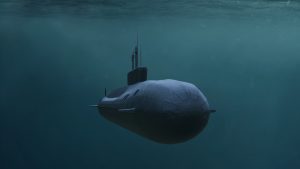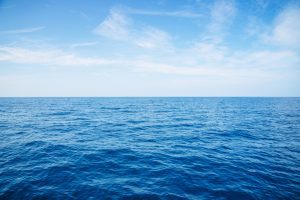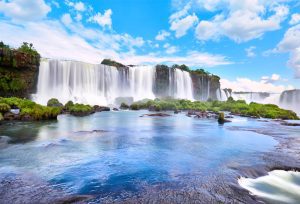The Arctic Ocean is the coldest ocean on Earth. It is mostly a polar climate ocean that remains cold throughout the year. During the summer when the temperature rises to around 0 degrees Celsius, the ocean tends to get most visiting ships.
The temperature of the water at the surface is also very low in the Arctic Ocean. It sits at the -1.8 degrees Celsius mark throughout the year. This area is very difficult to navigate and ships venturing off here need to be icebreakers. Submarines are also frequently seen in this area.
How cold is the Arctic Ocean?
The Arctic Ocean is mostly frozen even in the summer. It is estimated that this cold ocean will be firstly ice-free in our generation by 2040. This is considered to be the effect of global warming even if there’s still evidence to look for to support this claim. The Arctic has not been frozen since the early days of the planet. In fact, fossils have been found to show plants have been growing here in the past. Only 5.000 years ago, plants were growing here normally. This shows there’s a cyclicality in its temperature drop and rises.
Who owns the territorial waters of the Arctic Ocean?
The center of the Arctic Ocean is a free political zone. There are no territorial influences here but the world’s strongest states fight over the supremacy of these waters. The United States, Canada, Norway, Denmark, and Russia are the countries disputing their interests in this part of the world. But why would anyone fight over icy waters? It turns out the Arctic ocean holds more than 25% of the world’s yet to be discovered oil and gas reserves which could fuel the planet’s transportation system for decades if not hundreds of years.
The future of the Arctic Ocean
The Arctic Ocean has an uncertain future. A few elements are considered as the most important to its future. Since there’s not much evaporation due to the low temperatures, the water of the ocean have low salinity as new streams of water come in from the Atlantic and the Pacific.
But global warming seems to be the biggest cause of concern for the Arctic Ocean. It has been proven that this ocean and the entire North Pole region it encompasses is warming twice as fast as the rest of the world. If it’s not mostly covered by ice through the year, it’s expected for this ice to melt away in 2-3 decades during the summer. We don’t know the exact effect the melting ice will have on the Arctic Ocean, but we know animals and fish living here might be affected by these changes.
The melting of the Arctic Ocean can also open up new paths for oil and gas exploration. This is why the ocean could also start to see enhanced economic activity as it has been sitting largely unexplored for thousands of years up to this moment. Even the early explorers would rarely venture past the Arctic Circle with their ships here.

















